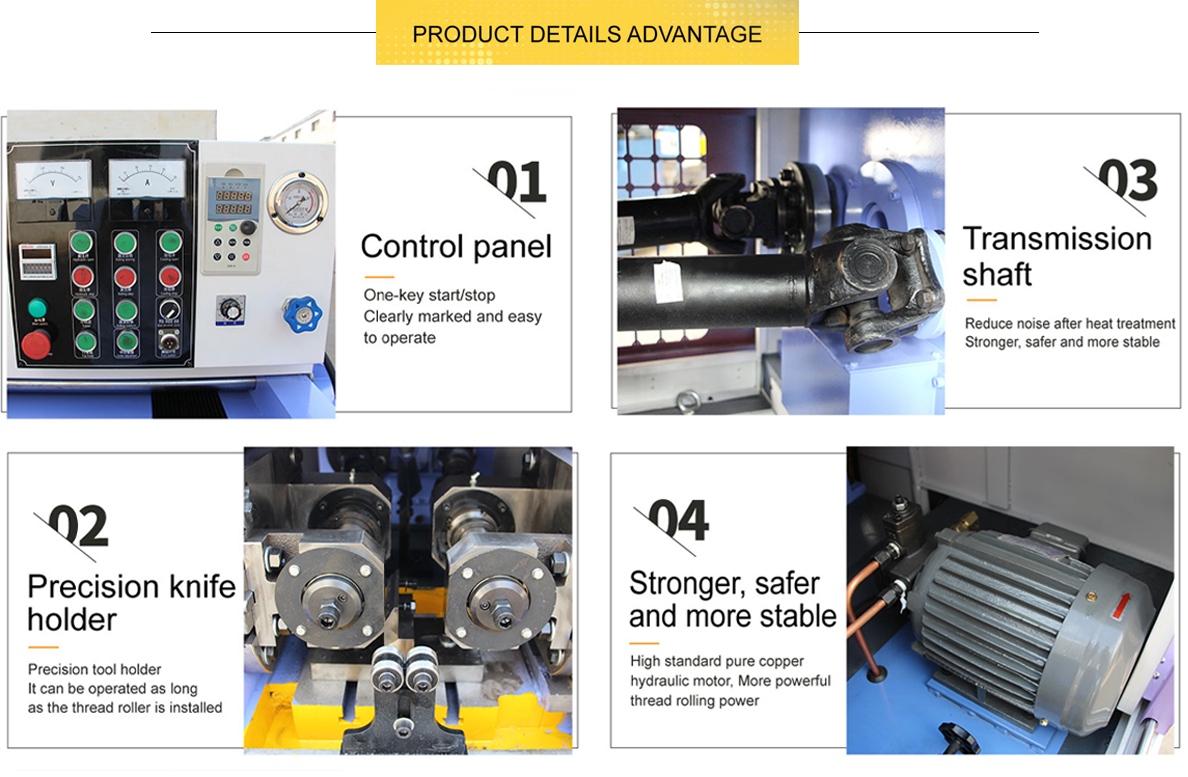
-
 Afrikaans
Afrikaans -
 Albanian
Albanian -
 Amharic
Amharic -
 Arabic
Arabic -
 Armenian
Armenian -
 Azerbaijani
Azerbaijani -
 Basque
Basque -
 Belarusian
Belarusian -
 Bengali
Bengali -
 Bosnian
Bosnian -
 Bulgarian
Bulgarian -
 Catalan
Catalan -
 Cebuano
Cebuano -
 Corsican
Corsican -
 Croatian
Croatian -
 Czech
Czech -
 Danish
Danish -
 Dutch
Dutch -
 English
English -
 Esperanto
Esperanto -
 Estonian
Estonian -
 Finnish
Finnish -
 French
French -
 Frisian
Frisian -
 Galician
Galician -
 Georgian
Georgian -
 German
German -
 Greek
Greek -
 Gujarati
Gujarati -
 Haitian Creole
Haitian Creole -
 hausa
hausa -
 hawaiian
hawaiian -
 Hebrew
Hebrew -
 Hindi
Hindi -
 Miao
Miao -
 Hungarian
Hungarian -
 Icelandic
Icelandic -
 igbo
igbo -
 Indonesian
Indonesian -
 irish
irish -
 Italian
Italian -
 Japanese
Japanese -
 Javanese
Javanese -
 Kannada
Kannada -
 kazakh
kazakh -
 Khmer
Khmer -
 Rwandese
Rwandese -
 Korean
Korean -
 Kurdish
Kurdish -
 Kyrgyz
Kyrgyz -
 Lao
Lao -
 Latin
Latin -
 Latvian
Latvian -
 Lithuanian
Lithuanian -
 Luxembourgish
Luxembourgish -
 Macedonian
Macedonian -
 Malgashi
Malgashi -
 Malay
Malay -
 Malayalam
Malayalam -
 Maltese
Maltese -
 Maori
Maori -
 Marathi
Marathi -
 Mongolian
Mongolian -
 Myanmar
Myanmar -
 Nepali
Nepali -
 Norwegian
Norwegian -
 Norwegian
Norwegian -
 Occitan
Occitan -
 Pashto
Pashto -
 Persian
Persian -
 Polish
Polish -
 Portuguese
Portuguese -
 Punjabi
Punjabi -
 Romanian
Romanian -
 Russian
Russian -
 Samoan
Samoan -
 Scottish Gaelic
Scottish Gaelic -
 Serbian
Serbian -
 Sesotho
Sesotho -
 Shona
Shona -
 Sindhi
Sindhi -
 Sinhala
Sinhala -
 Slovak
Slovak -
 Slovenian
Slovenian -
 Somali
Somali -
 Spanish
Spanish -
 Sundanese
Sundanese -
 Swahili
Swahili -
 Swedish
Swedish -
 Tagalog
Tagalog -
 Tajik
Tajik -
 Tamil
Tamil -
 Tatar
Tatar -
 Telugu
Telugu -
 Thai
Thai -
 Turkish
Turkish -
 Turkmen
Turkmen -
 Ukrainian
Ukrainian -
 Urdu
Urdu -
 Uighur
Uighur -
 Uzbek
Uzbek -
 Vietnamese
Vietnamese -
 Welsh
Welsh -
 Bantu
Bantu -
 Yiddish
Yiddish -
 Yoruba
Yoruba -
 Zulu
Zulu
Roll Thread Machine Manufacturing Solutions for Precision Engineering Applications
The Evolution and Innovation of Roll Thread Machine Factories
In the rapidly advancing world of manufacturing, efficiency, precision, and reliability remain top priorities. At the forefront of these technological advancements are roll thread machine factories, which play an essential role in the production of threaded fasteners. These machines have transformed the way bolts, screws, and other threaded components are manufactured, ensuring not only high-quality outputs but also sustainable production processes.
The principle behind roll threading involves reshaping a solid piece of material—usually metal—into a threaded form without any removal of material. This method is distinguished from traditional cutting methods as it enhances the strength of the finished product by preserving the grain structure of the metal. Roll thread machines can generate precise threads in a variety of sizes and shapes while maintaining a high level of consistency, a feat that has made them invaluable in industries ranging from automotive to aerospace and beyond.
The Evolution and Innovation of Roll Thread Machine Factories
At present, roll thread machine factories are equipped with advanced technologies that enhance their capabilities. Features such as CNC (Computer Numerical Control) programming allow for precise control over the threading process. Operators can input specific parameters into the system, enabling the machine to produce complex thread profiles and geometries with minimal human intervention. Moreover, the integration of robotics in these factories has further streamlined production lines, reducing manual labor requirements and increasing safety.
roll thread machine factory

Sustainability is also a key focus in modern roll thread machine factories. As the manufacturing sector faces increasing pressure to adopt eco-friendly practices, many factories are implementing energy-efficient technologies and processes that minimize waste. For instance, roll threading generates less scrap compared to traditional cutting methods, making it a more environmentally friendly option. Additionally, manufacturers are investing in recycling programs to reuse materials and reduce their overall carbon footprint.
Quality control is another critical aspect of roll thread machine production. Sophisticated measuring instruments and quality assurance protocols are in place to ensure that each threaded component meets stringent industry standards. By utilizing advanced inspection technologies, such as laser measurement and 3D scanning, factories can detect any discrepancies early on, preventing defective products from reaching the market.
The future of roll thread machine factories looks promising. As industries continue to evolve, there will be an increasing need for customized and specialized threaded components. This demand is driving further innovation within factories as manufacturers explore new materials and threading techniques to meet the specific requirements of their clients.
In conclusion, roll thread machine factories have revolutionized the production of threaded fasteners. Through innovation and technological advancements, they have improved efficiency, sustainability, and quality in manufacturing. As they continue to adapt to changing industry needs, these factories will remain vital in shaping the future of manufacturing, ensuring that the products we rely on are made with the utmost precision and care. The evolution of roll thread technology not only signifies progress in the manufacturing sector but also reflects a commitment to creating a more sustainable and efficient future.
